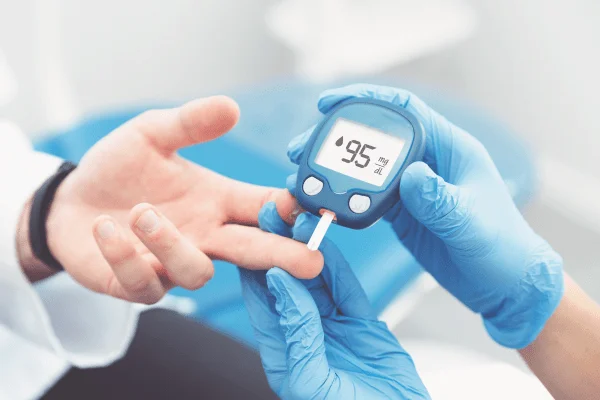Diabetes is a lifelong condition that requires careful monitoring and ongoing management to prevent complications and maintain overall health. Partnering with your doctor is one of the most effective ways to stay on track, and knowing the right questions to ask is just as significant. From treatment options to lifestyle adjustments, open conversations can lead to better outcomes and greater confidence in managing the condition. Here are four key questions to ask your doctor about diabetes management:
What’s the Best Treatment Plan?
Different types of diabetes require different approaches to treatment. Type 1 diabetes typically requires insulin therapy from the start, while Type 2 diabetes may begin with lifestyle changes and oral medications. Your doctor should explain which type of diabetes you have and why they recommend specific treatments for your situation.
Ask your doctor to explain how your medications work and when you should take them. Some medications help your body make more insulin, while others help your cells use insulin better. Understanding your treatment plan helps you follow it correctly and know what to expect. Your doctor may also discuss newer treatment options if they benefit your care.
How To Monitor Blood Sugar?
Blood sugar monitoring is fundamental to good diabetes management. Your doctor should explain how often you need to check your blood sugar and what your target numbers should be. Different people have different target ranges based on their age, health conditions, and type of diabetes.
Ask about the best times to check your blood sugar during the day. Many people need to check before meals and at bedtime, but your schedule may be different. Your doctor can also explain what to do when your blood sugar is too high or too low. Learning to recognize the symptoms of high and low blood sugar helps you respond quickly when problems occur.
What Lifestyle Changes Support Diabetes?
Lifestyle changes play a huge role in managing diabetes successfully. Your doctor should discuss specific changes that will help you control your blood sugar. This includes discussing food choices, exercise routines, and weight management strategies tailored to your situation.
Ask for specific guidance about what foods to eat and which ones to limit. Your doctor may refer you to a diabetes educator or nutritionist. The nutritionist can create a meal plan that fits your preferences and schedule. Exercise is also helpful for blood sugar control, so ask what types of activity are safe and beneficial for you.
What Complications Should I Observe?
Diabetic complications can develop over time if blood sugar levels stay high. Your doctor should explain which complications to watch for and how to prevent them. Common complications include problems with your eyes, kidneys, nerves, and heart.
Ask about the warning signs of complications so you know when to seek medical care. For instance, changes in vision, numbness in your feet, or frequent infections often signal developing problems. Your doctor should also explain what screening tests you need and how often you should have them. Your doctor may recommend regular eye exams, kidney function tests, or foot care routines based on your individual risk level.
Schedule Your Diabetes Management Consultation
Taking an active role in your diabetes care starts with asking the right questions during medical appointments. These four areas of discussion will help you work with your healthcare team to create an effective management plan. Schedule your consultation today with a trusted provider near you to discuss your diabetes management care plan.














